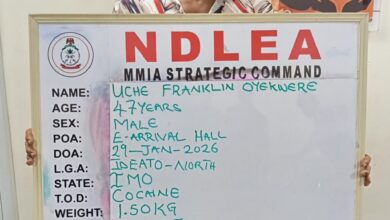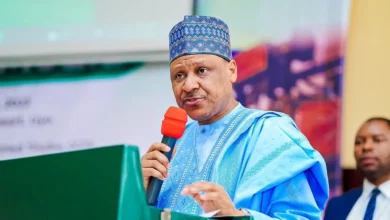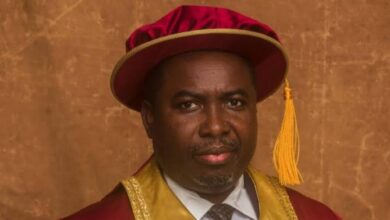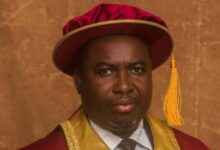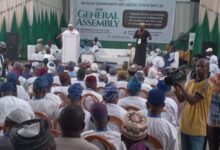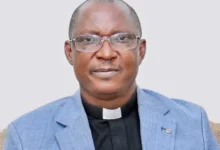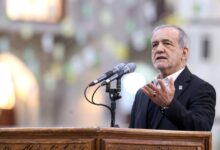Renaming historic streets of Lagos State by “temporary power controllers” inconceivable injustice – ex-Minister

By KEMI KASUMU
Former Minister of Communications, Retired Major General Tajudeen Olanrewaju, has publicly expressed his concerns regarding the recent renaming of historic streets and bus stops in Lagos State.
A frontline advocate for the rights of indigenous Lagosians and their friendly resident neighbours, General Olanrewaju made this observation known in a comment circulated by his media office on Tuesday July 29, 2025.
As a committed stakeholder both at national and state levels, he argued that these changes are unethical and represent a significant injustice to the indigenous people of Lagos. His statements highlighted the cultural and historical implications of such actions, urging current political power holders to reconsider their decisions.
General Olanrewaju cited ethical concerns as he described the renaming of streets as an “inconceivable injustice,” emphasizing that such actions typically reflect a disregard for the longstanding identity of Lagos and its citizens.
He called on current leaders, whom he describes as “temporary power controllers,” to honour and preserve the city’s historical legacy rather than replace it with names that have no local significance.
On cultural and historical significance, the Retired General underscored that many of the newly designated street names lack a connection to the local culture and history of Lagos.
He articulated concerns about the “obliteration” of the landmark history of communities within Lagos, warning that such actions distort the rich heritage that the city holds.
On political context, Olanrewaju references the shift in political power dynamics in Lagos since 1999, suggesting that there has been marginalization of indigenous peoples by non-indigenes within governance frameworks.
He highlighted that the current changes are part of a broader trend that threatens the representation and voice of the local populace.
The General, calling to action, urged both the government and the citizens of Lagos State to advocate for restoration of the original street names, which he believes are integral to the identity of the city.
He emphasized that the community should reclaim its historical narrative and ensure that its cultural heritage is respected and preserved.
“Lagos State today has lost its indigeneity rights to keep her old legacy street names, and they are now being replaced with new names by newly elected political administrators.
“These resident usurper administrators must be made to understand that they hold this political power temporarily. It is just for a short time. They are now changing old street names to undeserved new identities who have no connection to the land, forgetting that they will govern for a short time.
“The new beneficiaries of the street name change have contributed nothing significant in terms of developments and have no connections to the land they hold in trust for the people.
“These politicians are obliterating the landmark history of our communities and state. They should revert to the old street names,” said Major General Tajudeen Olanrewaju (Rtd).
He, however, also seized the statement to put the record straight to Omoyele Sowore over his comment that Lagos does not belong to a specific tribe, agreeing with the Ondo State-born that although Lagos is not an all-Yoruba land but belong specifically to Lagos State indigenes.
“Whilst I agree with Sowore that renaming of Lagos streets is politically motivated, his knowledge of Lagos as a “No Man’s Land” brings out his lack of historical understanding of Lagos pre-colonial and imperial administration leading to Lagos becoming a colony under British rule. Lagos existed before Nigeria became a country in 1914. Probably, Sowore was born when history as a subject was removed as a subject of study in the country,” he said.
Retired Major General Tajudeen Olanrewaju’s comments reflect a deep-seated concern for the preservation of Lagos’ historical integrity amid ongoing political changes.
His appeal to revert to traditional street names is not merely about nomenclature; it is a call to honour the cultural legacy of a city that has undergone significant transformation over the years. Celebrating and retaining this legacy is crucial for fostering a sense of identity and belonging among the citizens of Lagos.



